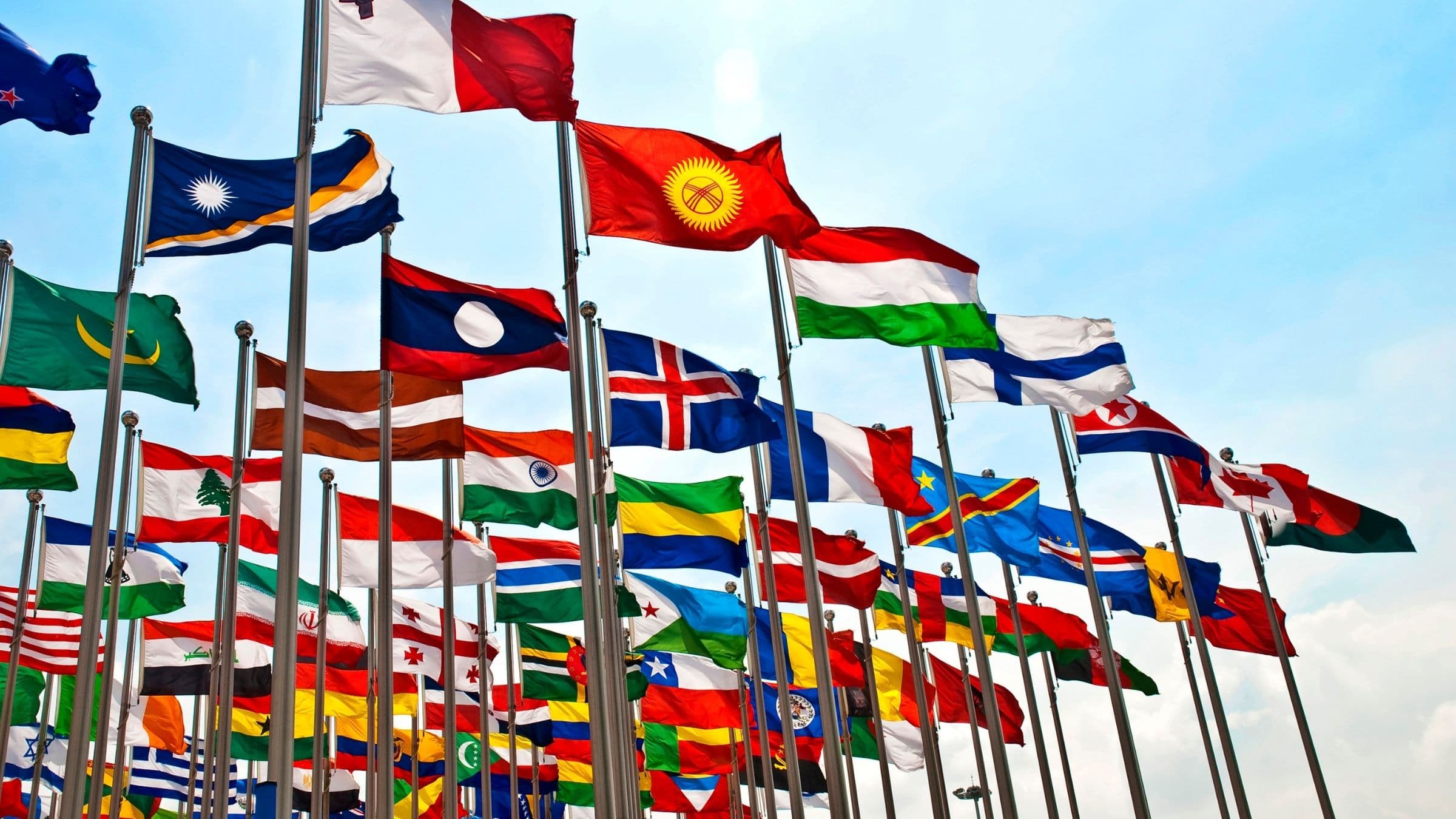
COUNTRY PROFILE
Discover more about the Gulf Cooperation Council (GCC-6) market. Events, resources, and more are linked throughout the profile.
JUMP TO SECTION
The Middle East regional market covers the Gulf Cooperation Council (GCC-6) members Bahrain, Kuwait, Oman, Qatar, the United Arab Emirates (UAE), and Saudi Arabia. This assessment focuses on the three largest processed food export markets, UAE and Saudi Arabia, as well as Kuwait. Focus Economics reported that the outlook for the region in 2024 is more positive, with gross domestic product (GDP) growth expected to improve compared to 2023. The region’s top two oil producers, Saudi Arabia and the UAE, are set to increase crude output. Strong government spending and investment in diversifying the economy will add further support. But growth would be knocked by a wider regional war or further cuts to oil production. GDP growth in the region was an astounding 7.8% in 2022. The GDP forecast for 2023 is growth of only 1.3% and 2.6% in 2024.
Despite recent declines in U.S. export values, much of it attributed to the economic effects of economic uncertainties, OPEC politics, lower oil prices and COVID-19, Saudi Arabia and the UAE in 2023 remain the 17th and 20th largest markets, respectively, from the U.S. for processed food products and are frequently in the top 20 of most major processed food export categories. Their import share is 75% of the region’s total, although food products may be transiting through the Emirates into other Gulf Corporation Council (GCC) and/or Middle Eastern markets.
Processed food exports from the U.S. to the GCC-6 members increased 19% to US$1.4 billion in 2022. All markets but Oman were in solid double-digit growth. In 2023, U.S. processed food exports to the region declined 13% to US$1.1 billion. All markets were in double digit decline except for the UAE, which grew 7%. This equates to US$191 million, which adds to the U.S. trade deficit in food and agricultural products.
Top U.S. processed food exports to the region in 2023 included:
Euromonitor International, a market research provider, has estimated 2023 retail sales in the GCC-6 region packaged food market to be nearly US$40 billion, representing an increase of 24.4% and US$7.8 billion from 2019. Euromonitor also forecast sales of packaged food in the GCC-6 region to reach US$57.1 billion by 2028, an increase of US$14.2 billion and 33.2% from 2024. High growth products in the forecast include:
The GCC confers special trade and investment privileges to member countries. Processed food products manufactured in any of these countries can be exported to other GCC countries duty-free. The GCC formally instituted its Customs Union in 2003. A 5% across-the-board common external tariff now applies to most imported food and agricultural products that enter from non-GCC suppliers. In 2018 they began applying an additional 5% value added tax (VAT). So, effectively, the cost of importing to a buyer has now doubled and limits consumer spending.
